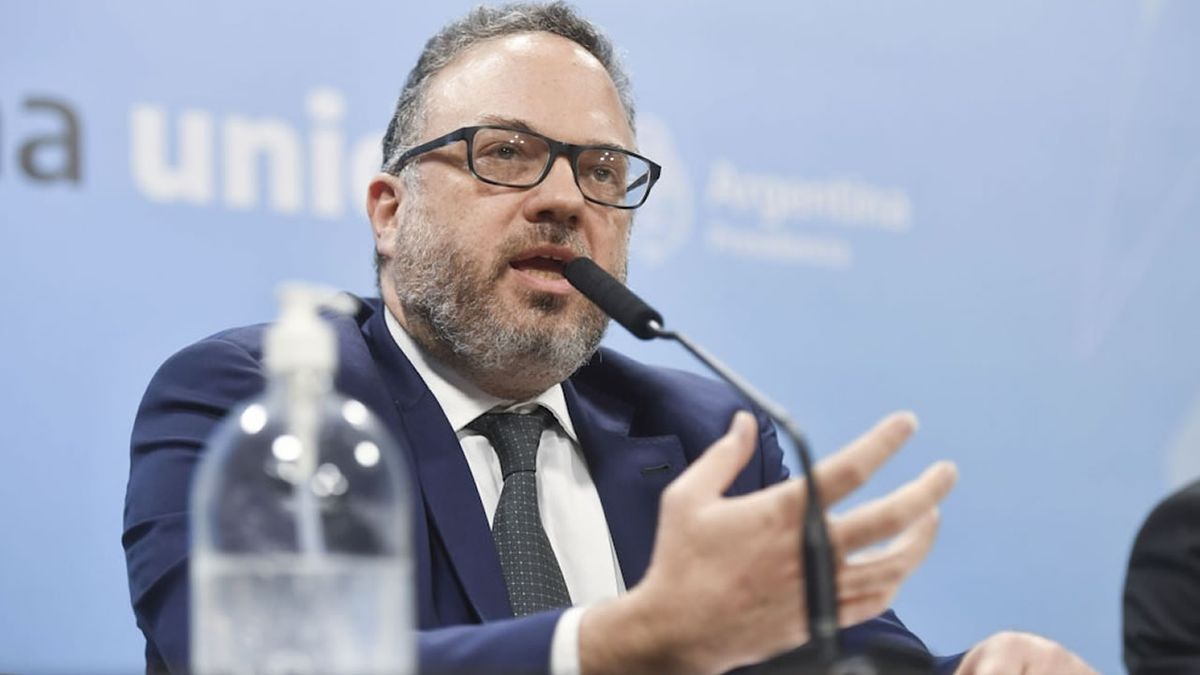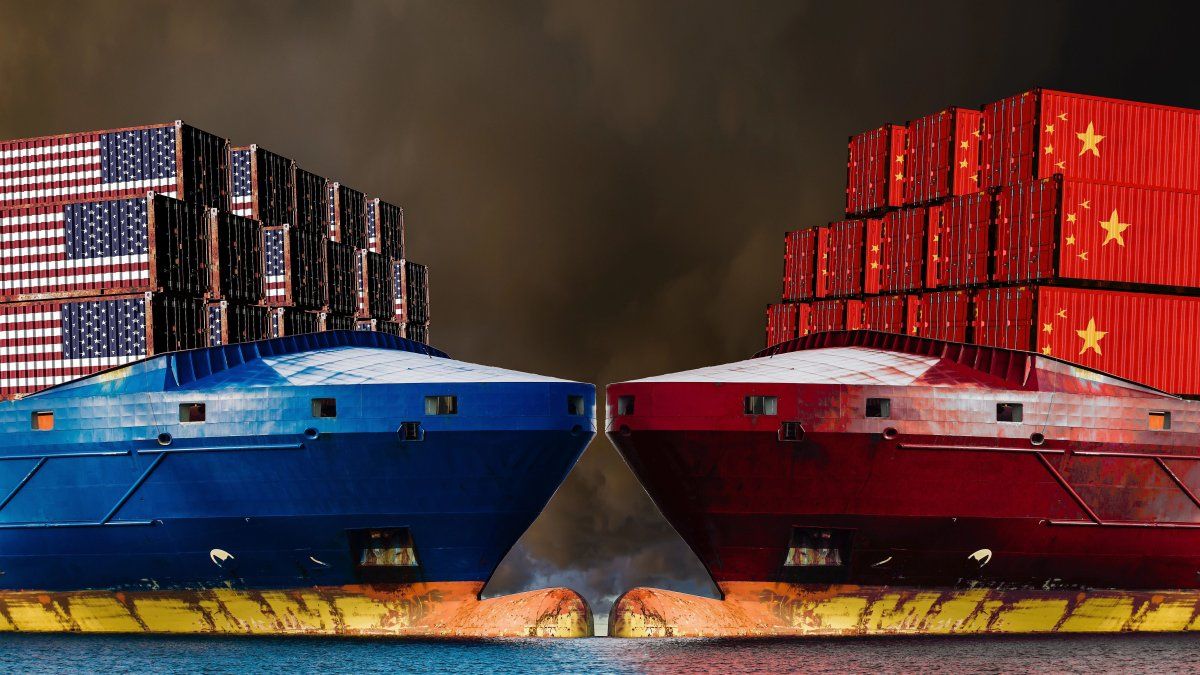What is being considered, he explained, is “a path to reduce the deficit that is compatible with our being able to grow and, with that growth, increase revenue in this way. Lower the deficit not with spending cuts. And, thirdly, , there is a financial relief in the short term, in the next two, three years”.
“Argentina finds a clear path to grow and depend on us. We do not want to have the plan of the IMF or anyone else, but the plan for Argentina, and This agreement with the IMF allows us to have Argentina’s plan to grow and really get out of such a critical situation,” added the minister.
In this sense, Kulfas insisted: “We never talk about adjustment” when pointing out that in terms of electricity and gas subsidies they are going to “an intelligent subsidy scheme, but nobody is saying that subsidies must be eliminated.”
“What we are saying is that there are households that do not need it, when you look at how much electricity and gas a middle-class household pays, or a household that is closer to the poverty line, you know that you cannot afford these people. increase nothing, increase very little because it is at the limit”, the minister expanded.
He also understood that in terms of energy rates “In high-income households what is being paid is ridiculous, there is no justification. What we want is an intelligent subsidy scheme and that is what is being discussed.”
On differences in the Front of All due to the agreement with the IMF, he opined: “There are things that have to be talked about or discussed in depth. Sometimes there is a view that reducing the deficit is adjusting and I think not.”
“Last year -he continued- there was no adjustment and we can argue why not, why Argentina grew, why it improved many indicators, why unemployment fell. That is a totally different scenario than the one we saw with (the government of former president Mauricio) Macri”.
On the subject, he concluded: “We are going another way, the way is our program, we are not talking about the IMF program, we are talking about our program and, in that framework, how the debt with the IMF is restructured, which, unfortunately, we like. or not, it must be paid because it is a debt that has been assumed with the previous government, which is a government that has been democratically elected and, whether we like it or not, it must be paid”.
Source: Ambito
David William is a talented author who has made a name for himself in the world of writing. He is a professional author who writes on a wide range of topics, from general interest to opinion news. David is currently working as a writer at 24 hours worlds where he brings his unique perspective and in-depth research to his articles, making them both informative and engaging.




